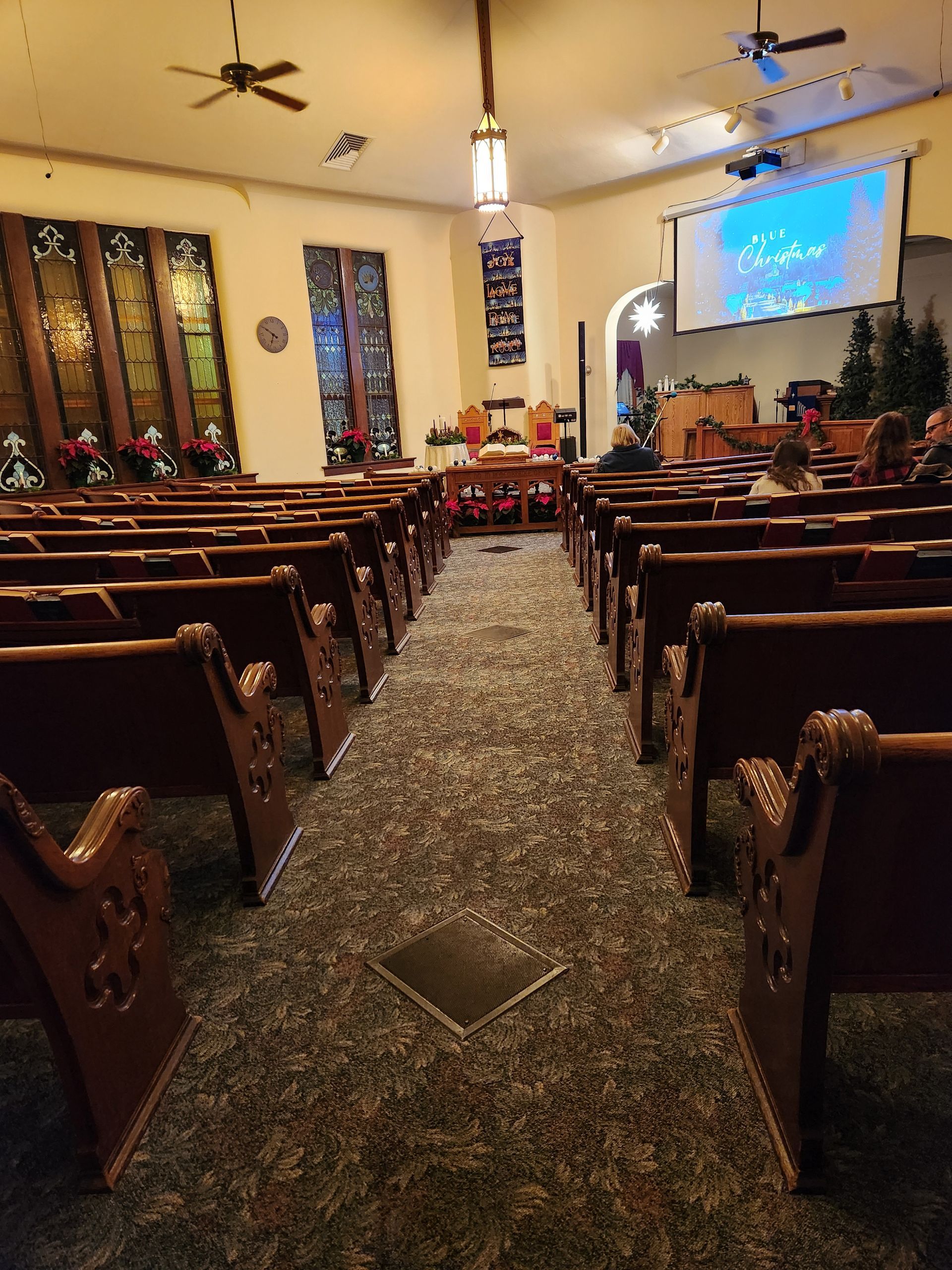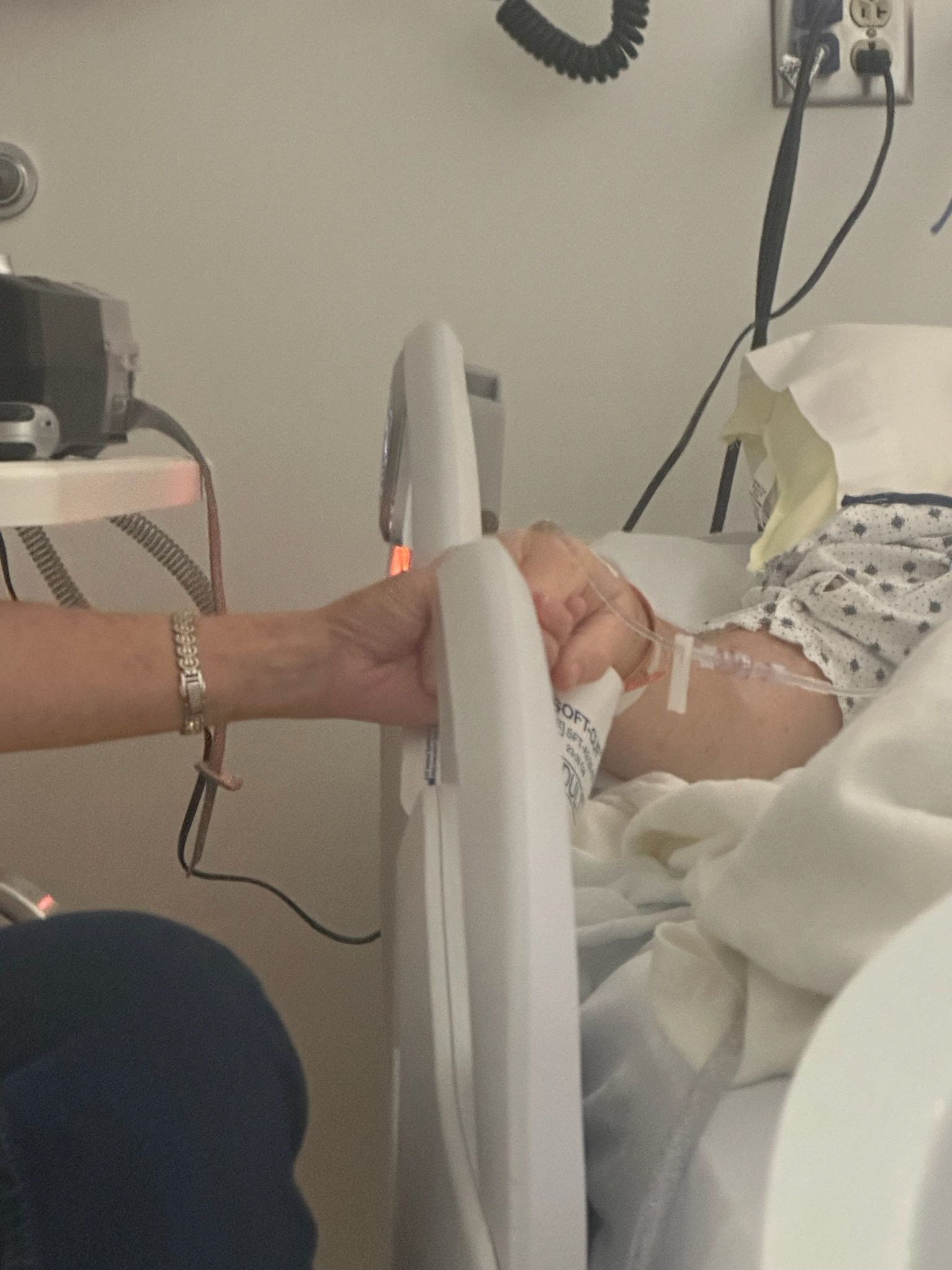Why do people resist care even when they need it?

Why do people who need care refuse to receive it?
It is common for Stephen Ministries to lack care-receivers for their Stephen Ministers. Grief share may have a group of women, but often there are few or even no men who admit their grief. Desperate people most often request prayer. Even then the focus is mostly for relief from an external circumstance more than a desire for wisdom, purpose and a solution through a relationship with God and others.
Sure, some people are too proud to admit they need help. Men, especially, feel like they need to and can fix their own problems. But beyond blaming others for not reaching out we need to start with another question.
What barriers have we accidentally built that prevents people from seeking care.
- A bad experience. After taking the emotional risk of sharing a need, a confidentiality is broken, or the need is minimized, forgotten, or ignored. Once burned, twice shy.
- Lack of confidence. Vulnerability cannot be wasted on people who lack empathy, can't help and don't know how to listen.
- Not personal. After sharing a need the person gets handed off or simply referred to a class or group with little personal attention, compassion, or follow-up.
- Bad messaging. We can produce a stigma to care by the way we communicate the need for it. If we act like we are the together people here to help the needy people, of course they don't want help. Or, if we fail to even talk about the value of care and what it is, people will find other ways of dealing with their pain.
Admitting these failures will help us build a stronger Care Ministry.
Addressing these problems with teaching, coaching and accountability of Caregivers, will increase their skills and the integrity of the ministry.
We can regain the confidence of those we are attempting to care for if we recognize these problems in their stories.
Care ministry is complex and difficult. It requires skill.
It requires caregivers with hearts of compassion matched with skills that exudes competence so that our hurting culture will feel confident and safe to trust us with their pain.
People do not want to fall if no one will catch them.
And those who hurt only want to be caught by people, skilled as they are, who are compassionate.
"The word compassion is derived from the Latin words pati and cum, which together mean, 'to suffer with.' Compassion asks us to go where it hurts, to enter into the pain, to share in brokenness, fear, confusion and anguish." (From the book
Compassion, co-authored by Henri Nouwen, Donald McNeill and Douglas Morrison, pp 3, 4)
Through the work of the Holy Spirit, God’s people become compassionate.
Care Pastors, Stephen Ministry Leaders, Chaplains, Pastors and Leaders equip God's people with skills as they serve with compassion.
People in pain will respond to our ministries as we admit our mistakes and pursue hearts of compassion with skills to care.
I hope this post helps you develop your organization to remove barriers, develop your people to increase their skills and develop their hearts to be full of compassion, so that you will thrive in your care ministry and many people feel God's love.











